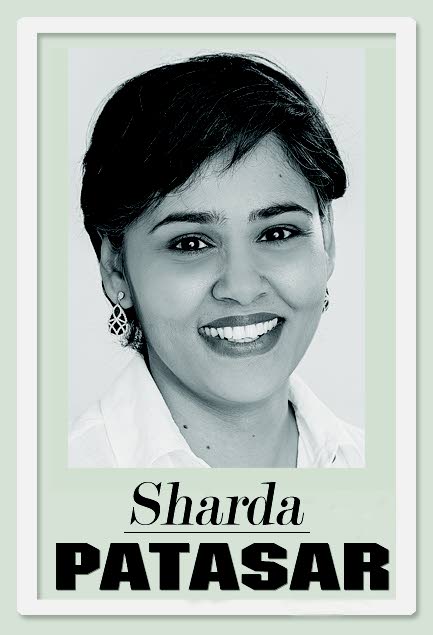Reading for pleasure?

Mental exhaustion is a thing. Anyone who has experienced it knows of what I speak. Those who haven’t, will scoff – loudly, quietly – at whatever volume they please but scoff they shall because such things are modern inventions. To put this down on the page is deviating from my intensely private state of being, both a scary and sometimes liberating process. I figure since mental health is gathering more exposure, this type of conversation (one-sided though it may seem this case) is a useful act. I still consider this a conversation because conversations do not necessitate a dialogue between you and me but between the words on this page and you relating them to someone else or between these words and you. In any event, these words would have initiated a conversation that spreads over a wider area.
The mental drain happened fast and furious. I plodded through writing in the last two weeks, plod still being a consistent though suggestive of slow and difficult movement. Until I can find a better word to describe the experience, plod remains the word.
I was ordered by the supportive partner – whose criteria for support simply mandates ‘as long as you don’t kill yourself doing it’ – to stop work, stop any activity that makes you emotionally uncomfortable, and take a break from thinking essentially. (It must be said that unquestioning support unhindered by the desire to fix goes a long way to one sorting out one’s own head). I turned to some books that have been waiting patiently to be read but looking at the page felt nauseating and I was forced to abandon that activity. By midweek I tried again, to be met with the same feeling. Needless to say, I turned to Netflix and began binge-watching How to Get Away With Murder. And now there is a competition on as to who gets further first. This alleviated some of the head cramps.
A friend once asked, while I was in the midst of an intensive research project,
“What do you do to relax? Besides hiking.”
“Read,” I replied.
“Umm, so you take a break from reading by reading?” she asked with what looked like a faraway stare, as if she was unsure of my level of sanity and had positioned herself, one foot in, one foot out.
“Yes.”
I didn’t understand why my answer had seemed strange to her. Books that had nothing to do with my research, were relaxing. I was excited by ideas.
But in light of recent events, I understood what she meant. Mental exhaustion was real.
The most enjoyable of acts became in the last two weeks the most nauseating and painful. I realized with horror, that I was unable to read for pleasure. My brain refused to shut down and just focus on enjoying the story. The lightest of books that I possessed, Ruth Reichl’s Comfort Me With Apples, which on a normal day would be humourous was still a movement into another writer’s world, into her life, her thoughts, her experience as a food writer, which is intriguing. In this instance however, it was work, not pleasure. And I wondered aloud to a friend, “what does reading for pleasure mean?” Is this like music for pleasure versus music for thought? Is that the difference between pop and classical? I was advised to emotionally separate myself from the experience although she agreed, that this was complicated, because we are required to get intimate with the material and then separate ourselves in order to be objective. I am not sure how this works in the case of casual reading. This is not a case of research, yet ideas cross pollinate.
We read because we wish to share. It is an act of communication, of sharing in experiences, in finding common ground with someone else. It is to feel that one is not alone on this path. My writing style is the personal, an attempt to distil complex ideas in a simpler way through anecdotes. Essentially the personal essay places the private, the individual at the core of the macrocosm. We move from the inside out even as the external fuels the internal. I understood the universe in the god Krishna’s mouth, to be this movement from personal to universal.
The individual is the cosmos, not separate from it. The universe inside the divine mouth is significant because speech is powerful, the creative power. The back of the mouth is the chamber through which sound vibrates into the head, to the brain. It is a basic interpretation nevertheless, sound, voice, words create the world that we have and the worlds that we shall continue to shape. Everything that we know returns to the word.

Comments
"Reading for pleasure?"